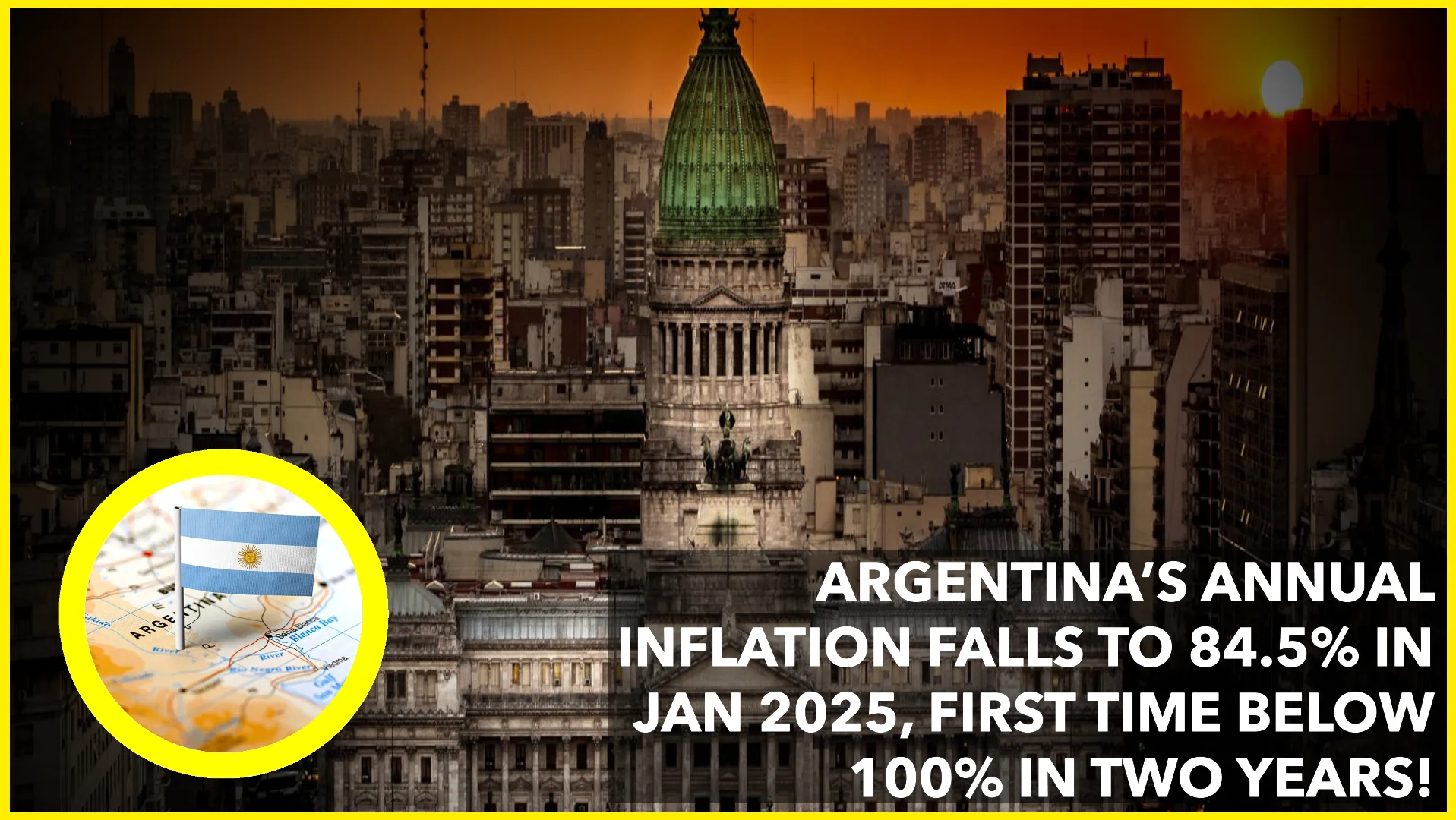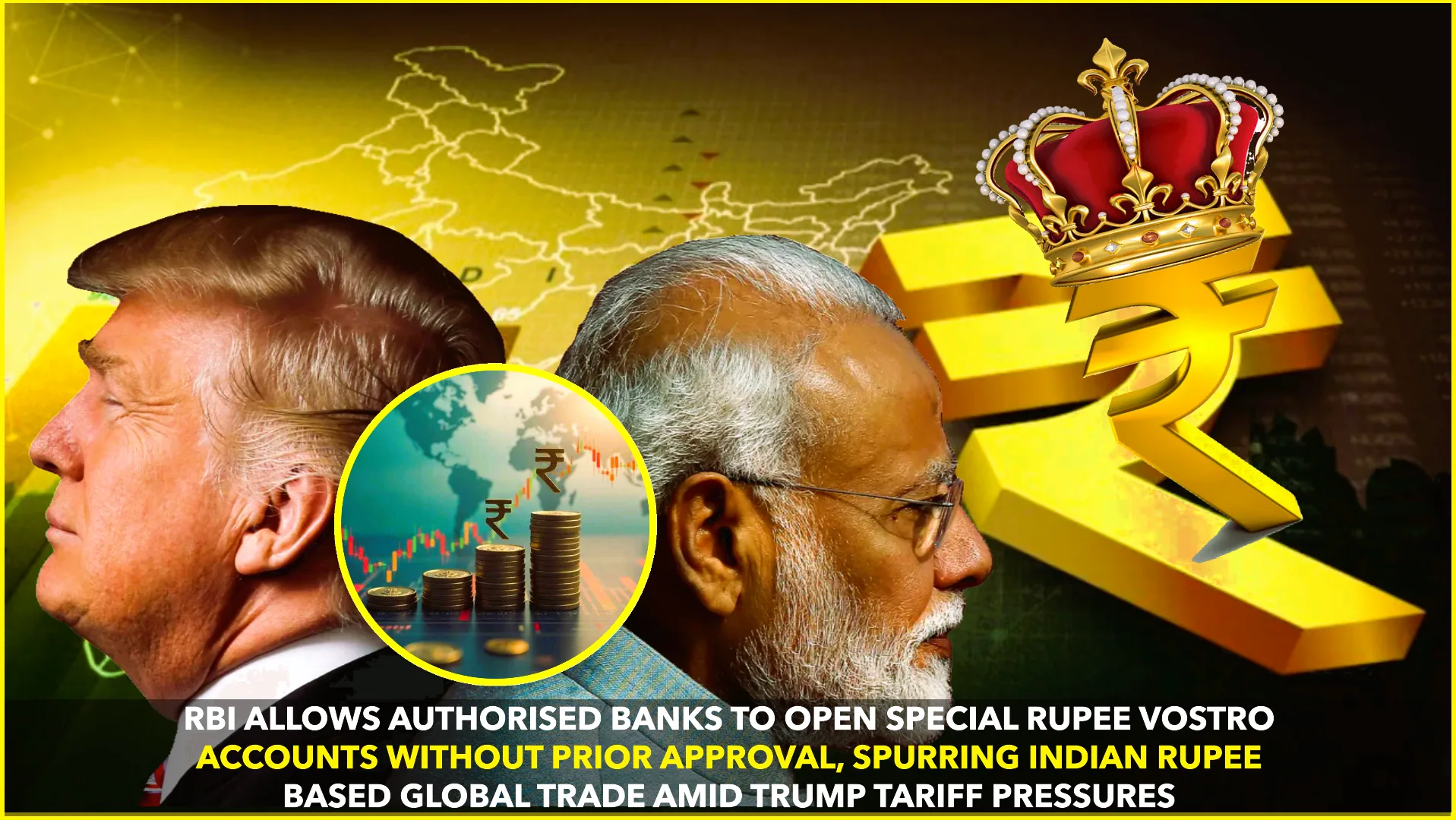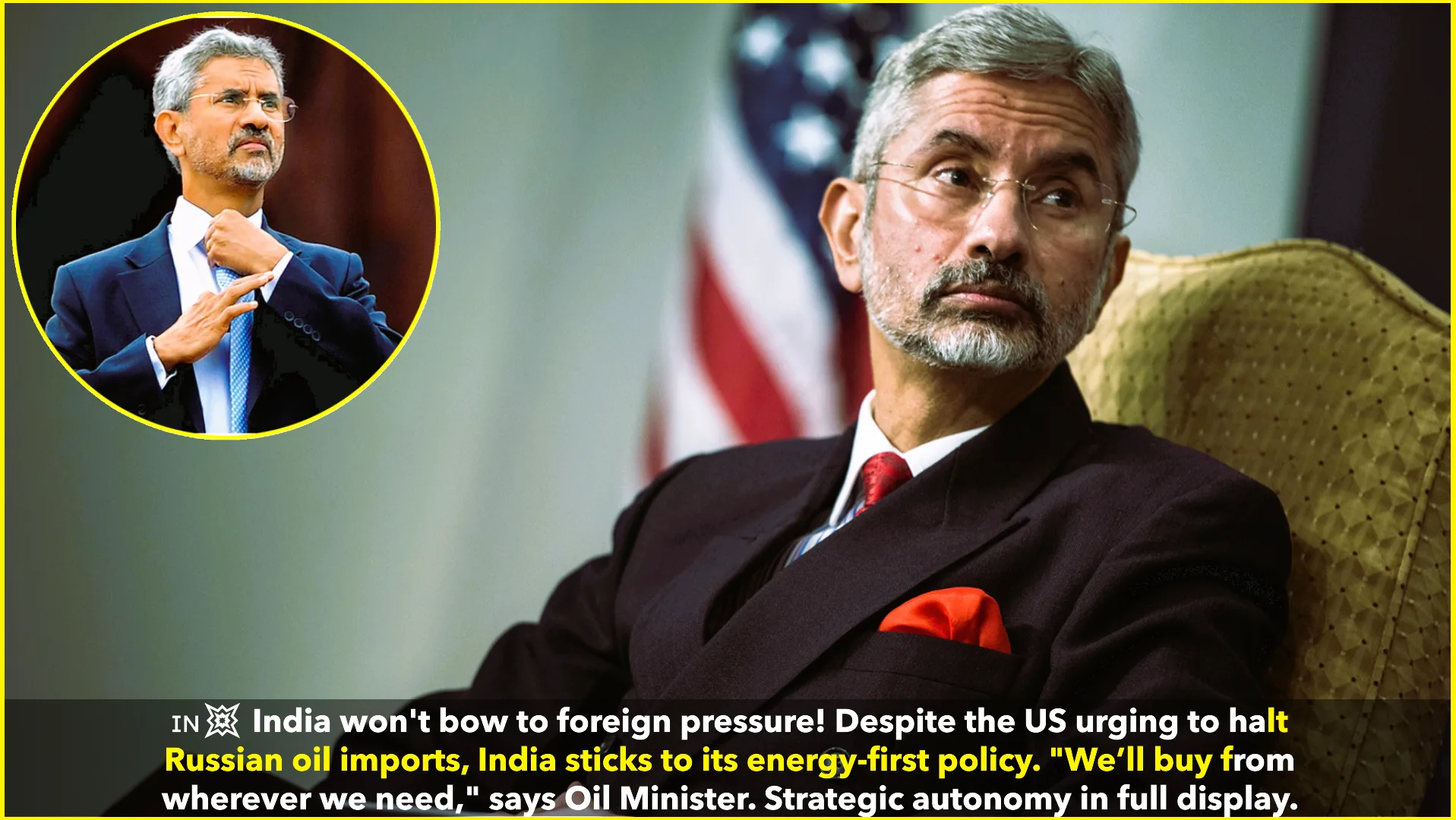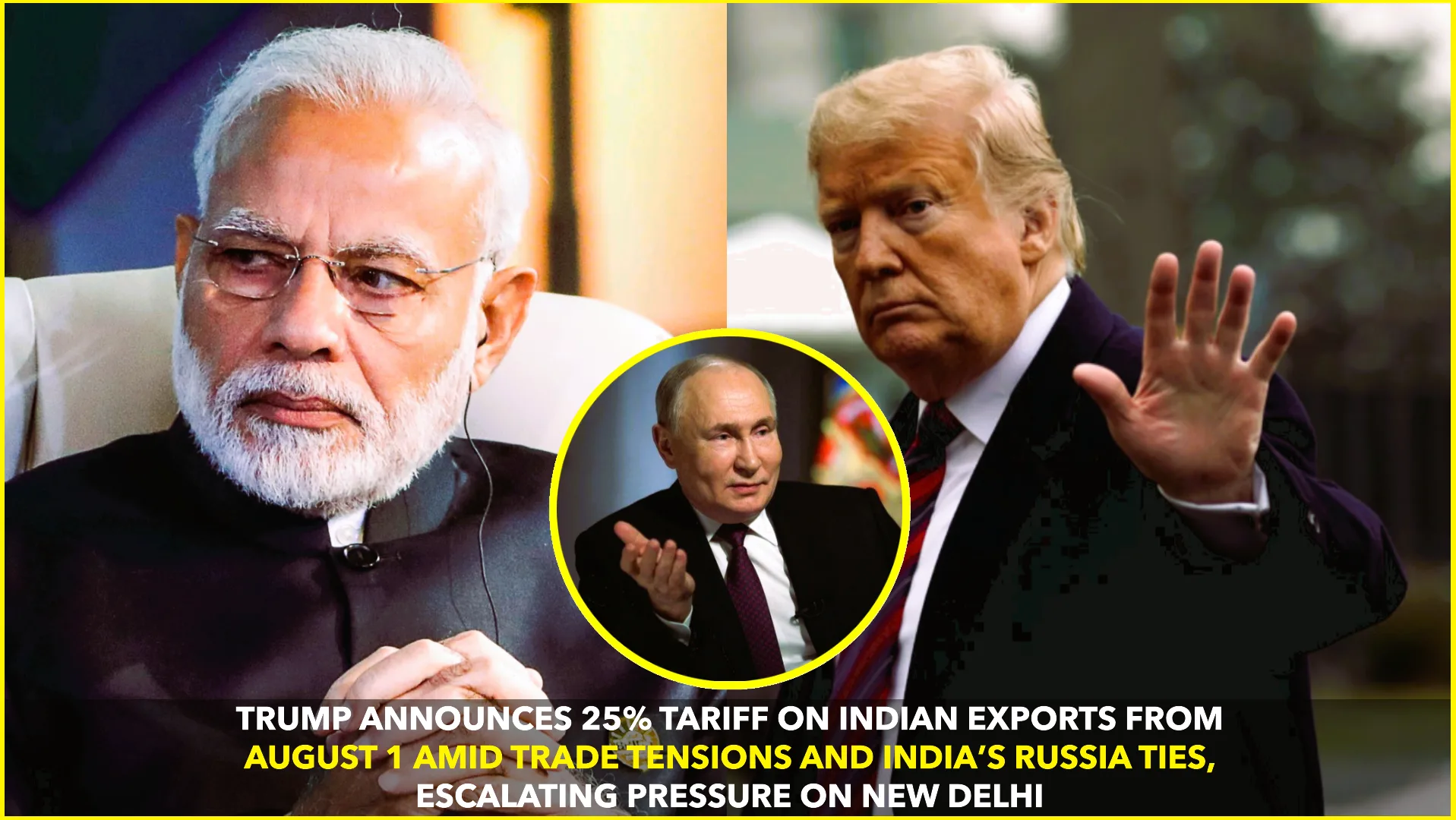In a significant economic development, Argentina’s annual inflation rate has dramatically decreased from over 254% to 84.5% in January 2025, marking the first instance in two years that the year-on-year rate has fallen below the 100% threshold. This substantial reduction signals a potential turning point for the nation’s economy, which has been grappling with hyperinflation for an extended period.
The National Institute of Statistics and Censuses (INDEC) released data indicating that monthly inflation eased to 2.2% in January, the lowest level observed since 2020. This follows a decline from December’s 2.7% increase, suggesting a consistent downward trend in inflationary pressures.
Economists attribute this positive shift to a series of fiscal measures implemented by President Javier Milei’s administration. Since taking office, President Milei has prioritized economic stabilization, focusing on reducing the fiscal deficit, implementing monetary reforms, and fostering an environment conducive to investment.
One of the cornerstone policies has been the restructuring of public spending to curtail excessive government expenditures. By streamlining subsidies and enhancing tax collection mechanisms, the government has aimed to balance the budget and restore confidence in the nation’s fiscal management. These efforts have been complemented by a tight monetary policy, wherein the central bank has exercised greater control over money supply to prevent the devaluation of the Argentine peso.
The administration has also undertaken measures to stabilize the foreign exchange market. By securing international loans and bolstering foreign reserves, the government has managed to support the peso, reducing the volatility that previously contributed to inflationary spirals. Additionally, policies encouraging exports have been promoted to improve the trade balance and generate foreign currency inflows.
The private sector’s response to these reforms has been cautiously optimistic. Businesses have noted a gradual improvement in the economic climate, with increased predictability in pricing and cost structures. This stability has encouraged both domestic and foreign investments, leading to job creation and a boost in economic activities across various sectors.
However, experts advise cautious optimism. While the reduction in inflation is a positive indicator, sustaining this trend requires continued fiscal discipline and structural reforms. The government faces the challenge of maintaining social support while implementing austerity measures, a delicate balance that necessitates transparent communication and inclusive policy-making.
The international community has been closely monitoring Argentina’s economic trajectory. Financial institutions and foreign investors view the recent data as a promising sign of stabilization, potentially leading to increased investments and economic partnerships. Nonetheless, they remain vigilant, acknowledging that the path to full economic recovery is fraught with challenges.
In summary, Argentina’s notable decline in annual inflation to 84.5% in January 2025 reflects the impact of comprehensive fiscal and monetary policies under President Javier Milei’s leadership. While this development offers hope for economic stabilization, the journey ahead requires sustained efforts, prudent policy-making, and the resilience of both the government and the populace to navigate the complexities of economic recovery.










